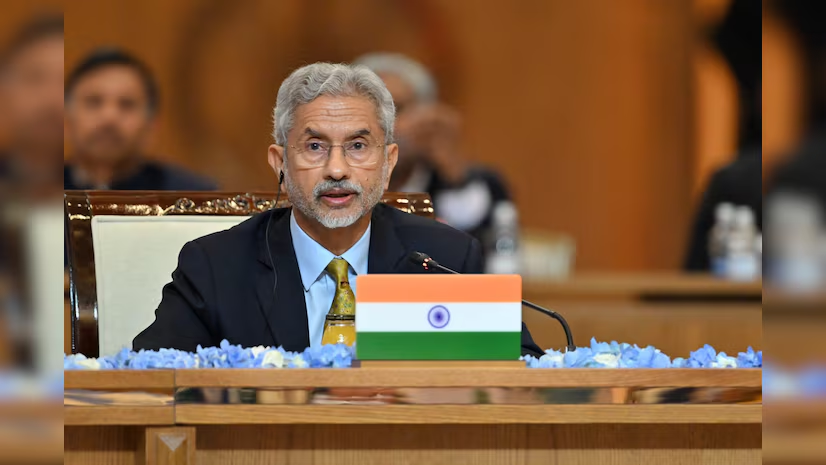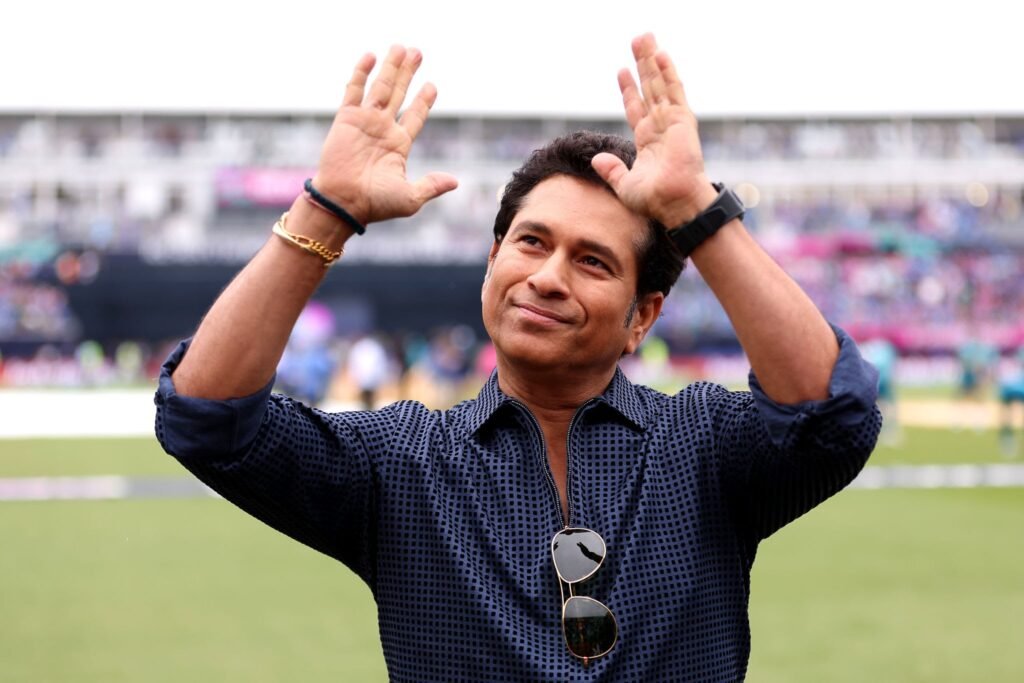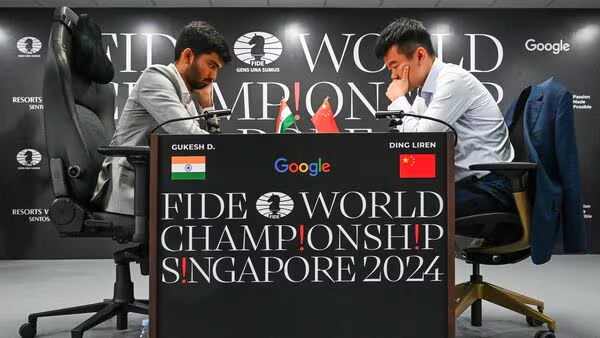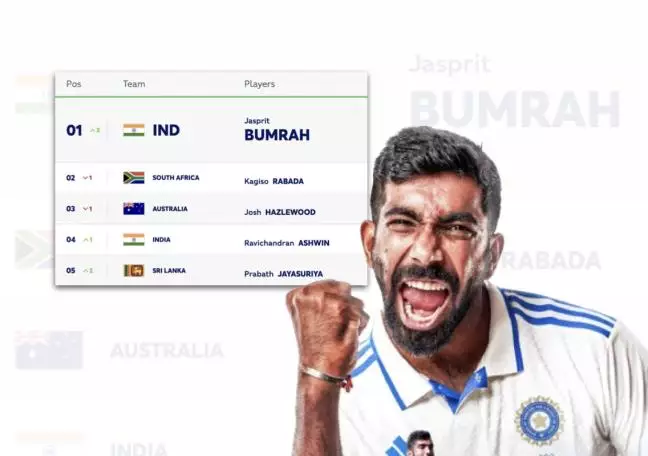
External Affairs Minister S Jaishankar drew an intriguing parallel between the evolution of Indian cricket and the development of India’s foreign policy, offering a unique perspective on respect and its role in international and competitive arenas.
Speaking on the topic, Jaishankar emphasized that “respect is earned” over time, through consistent performance and perseverance. He illustrated this idea with a historical cricketing anecdote involving the legendary West Indian captain Clive Lloyd. In 1976, Lloyd’s team was known for its aggressive body-line bowling, sparing no opponent on the field. However, by 1983, the same Clive Lloyd demonstrated generosity and sportsmanship by declaring a pitch unfit for play during a match against India.
Speaking at the release of former Indian cricketer Mohinder Amarnath’s memoir ‘Fearless’, EAM S Jaishankar while commenting upon India’s victory in the 1983 Cricket World Cup, said, “I think nobody has any doubt that 1983 was the inflection point. It was not just the inflection point, but the man of the match of the inflection point. Pakistan won it at one point and Sri Lanka won it at one point. But nowhere else was it as big an inflection point as it was in the history of cricket. Because, if you look at India’s role in world cricket after 1983, it fundamentally changed.”
According to Jaishankar, this transformation wasn’t merely a change in circumstance but a reflection of the respect Indian cricket had earned on the global stage by that time—a journey mirrored by India’s own ascent in global diplomacy.
“It’s far more like cricket. And it is like cricket because first, there are many players. Two, the playing conditions keep varying. Playing at home and playing abroad are very different. You are at the umpire’s whims at times. There are many formats. And at the end of the day, a lot of it is about psychology, trying to outthink the other team, trying to get into their heads. That every time you go out there to do your business, it is actually that competitive spirit that you tell yourself, I have to win this”, Mr Jaishankar said.
Jaishankar’s comparison underscores the importance of building credibility in both sports and foreign relations, stressing how enduring effort and achievement can reshape perceptions and establish lasting respect.






